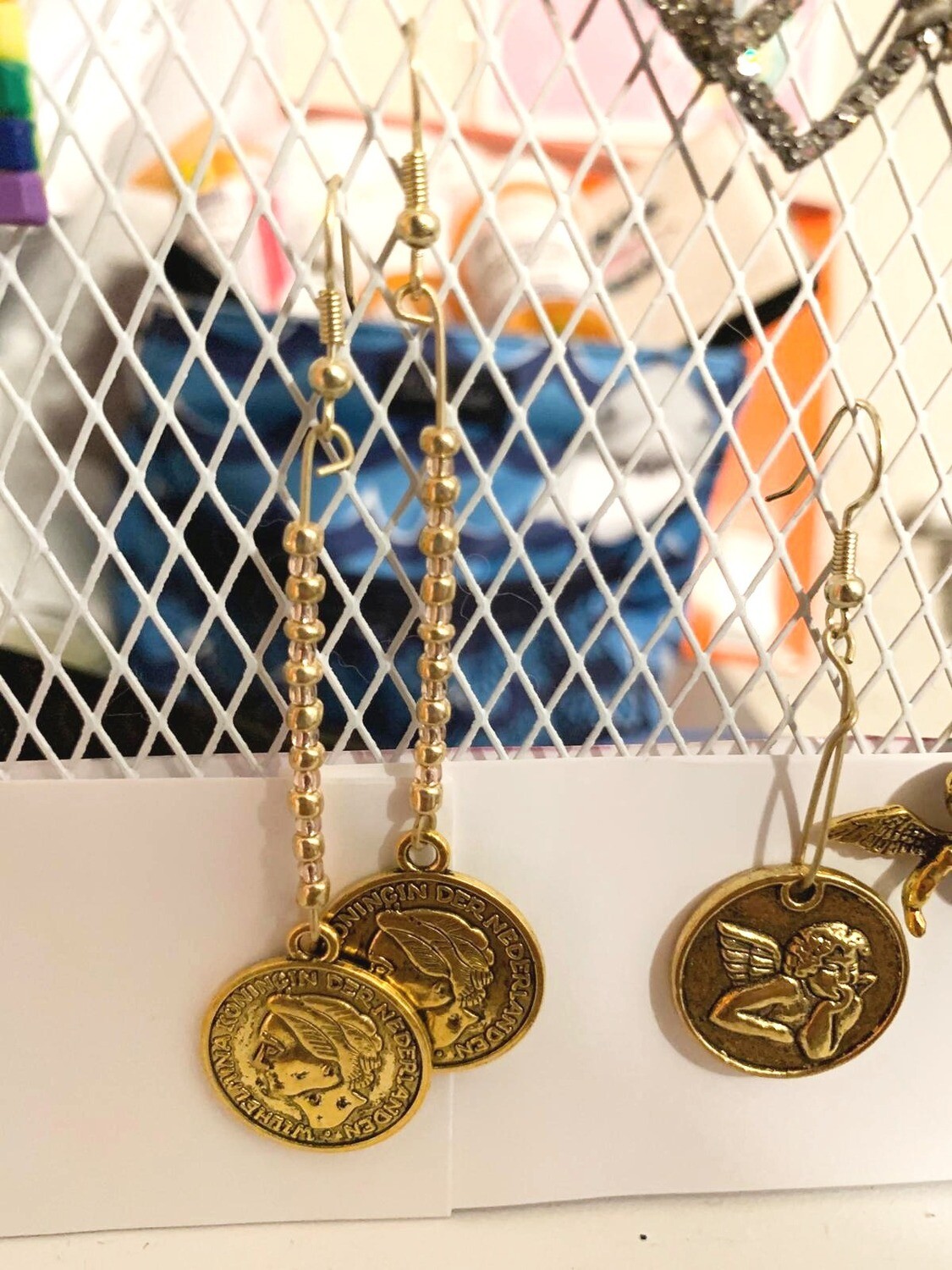1) Describe five ways in which you think you have human capital that is truly unique. What is it about you, exactly, that makes you different? Write this up in a detailed list.
- Driven
- Advisor person
- Dedicated
- Innovative
- Intelligence
2) Interview the five people who know you the best. Ask them what they think makes you different -- remember, focus on your knowledge, skills, abilities, emotions -- in other words, your human capital. Try to stay away from discussing your other types of capital (such as who you know). Record each interview. In your post, please post each interview, as well as a two-three sentence summary of each interview, explaining what your key takeaways are. There is no time limit on these recordings. As long as you cover the information asked for above, that's all you need to do. (Audio recordings are fine. You'll need to use a platform like Soundcloud to host your files.)
https://soundcloud.com/jane-perez-246192715/sets/secret-sauce
Isabella describes me as very creative and driven, putting 100% into what I do. She believes my greatest strength is my intelligence.
Mother describes me as empathetic for "my fellow man" as fight for social and political justice. She believes my greatest strength is my determination, but it is also my greatest weakness.
Sydney describes me with many words: debatey, salty, strong, smart, and powerful. She believes that my greatest strong though is loyalty.
Tina describes me as empathetic, seeing different angles and not being grounded in one perspective. She also calls me emotionally intelligent as I read and help the people around me.
Riley describes my tenaciousness, how I strive for great things and how I have a common drive to accomplish them. In the end though, she believes my greatest strength is being a great friend as I empathize and care for those around me.
3) Reflect on the differences. How do you see yourself, and how do others see you? Are there differences in how you assess yourself compared to others? What do you think causes these differences? Do you think your interviewees are correct about you? Finally, going back to your list from part 1, would you make any corrections to the list? How?
People describe me as I see myself. I am very straight forward with who I am and I am not afarid to show people. These people are absolutely correct about me. If anything I would change my description of innovative to creative because they are so correct. They are similar words but I think creative is more fitting.


